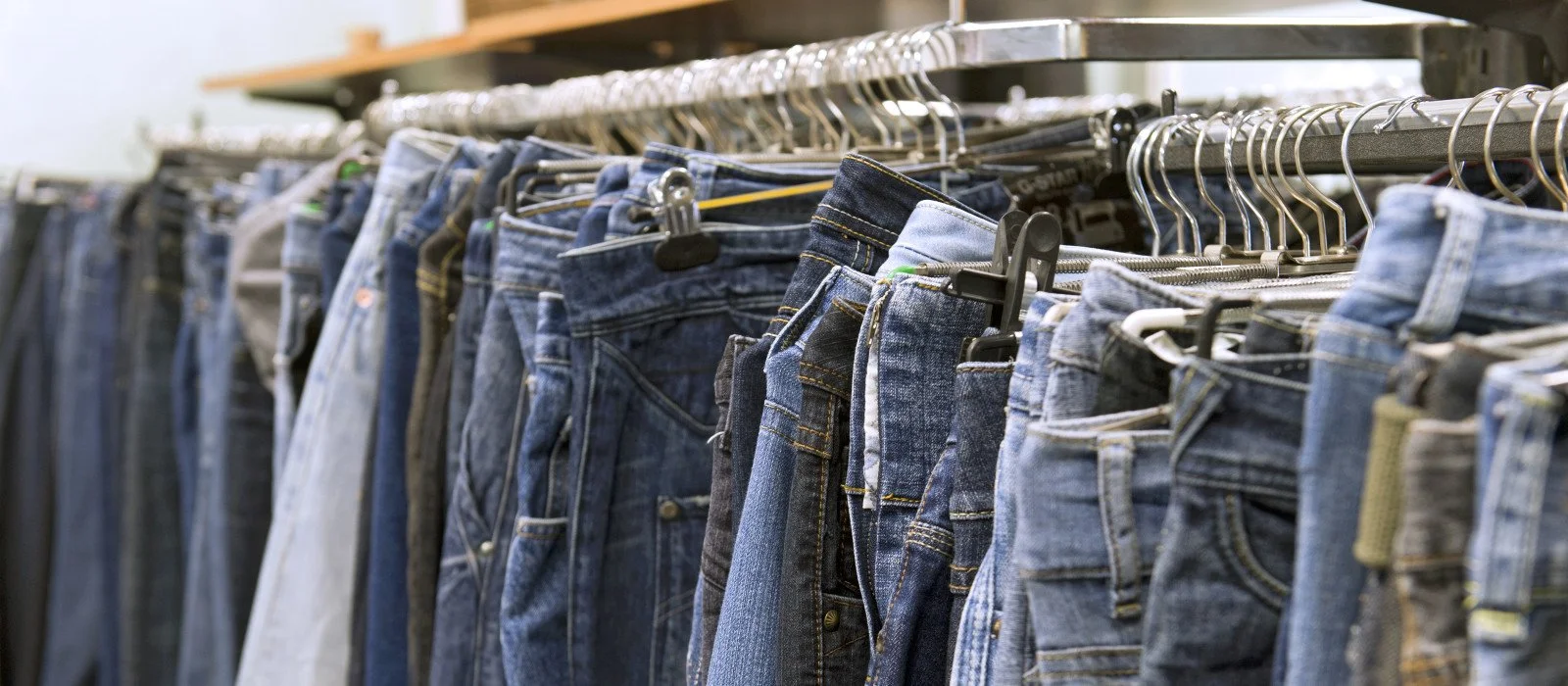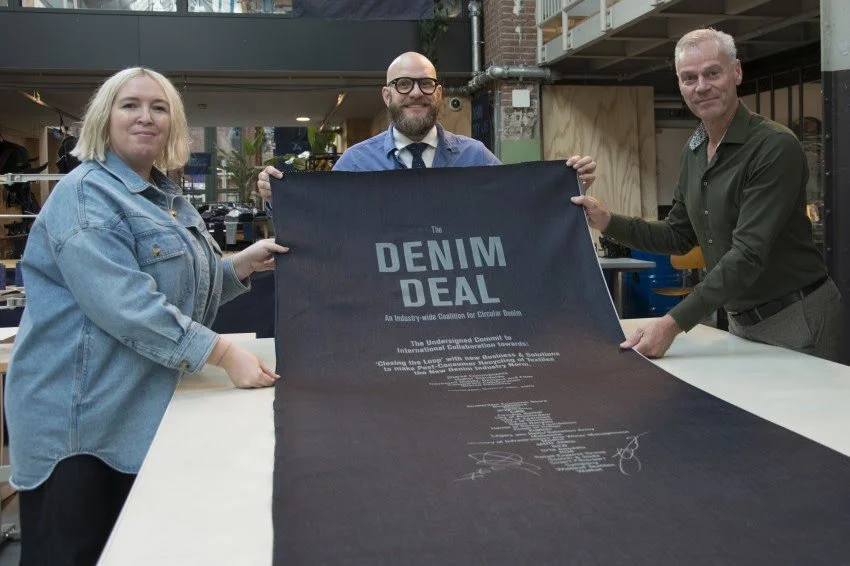
Case Study
The global lenses in the Amsterdam City Portrait
Challenges & opportunities
Using the global lenses from the Doughnut Unrolled tool, the Amsterdam City Council identified several challenges for its global social and ecological responsibilities as part of its City Portrait. For example, the food, clothing and electronics supply chains of products that are on sale in Amsterdam, as in other cities worldwide, are often based on exploitative labour conditions, undermining the rights and wellbeing of people elsewhere. In terms of ecological global impacts, the Amsterdam City Doughnut identified excessive land use (e.g., through overconsumption), climate change, ocean acidification, excessive fertiliser use and waste generation as key issues of concern.
At the same time, opportunities were highlighted to help address these challenges. For example:
Globally responsible procurement. Since 2016, the Municipality of Amsterdam has adopted city-specific responsible procurement guidelines. Additional requirements will be incorporated into these guidelines and enhanced monitoring will help to make sure that they are adequately put into practice.
Reducing resource use. In 2020, the City of Amsterdam - also known as the denim capital of the world, given its high denim consumption - led the establishment of the 'Denim Deal', to help reduce waste and resource use related to denim production. The Denim Deal is an agreement between 30 parties in the fashion and textile industry, which was initially led by the municipality of Amsterdam before being scaled up nationally. The ‘deal’ was that leading denim brands would increase the proportion of denim garments made with at least 20 percent recycled textiles over the course of three years. The initiative saw the proportion of jeans produced by the signatories that contained at least 20 percent recycled textiles increase from 8% in 2020 to 41% by the end of 2022 (for the Dutch domestic market) and from 13% to 53% for jeans produced for the global market. To help enable this change, the City of Amsterdam (as well as other local governments who later joined) committed to collecting the old textiles.
Enabling distributive and regenerative businesses to thrive. There are many distributive and regenerative businesses in Amsterdam that demonstrate that a globally responsible economy is possible. And there are many different ways in which governments can support these distributive and regenerative businesses to thrive. Check out Module 4.5.3 for an overview of government policies to do so!
Sustainable urban development. The Amsterdam City Doughnut has been influential in the development of Amsterdam’s flagship construction project, Strandeiland (Beach Island). Beach Island was reclaimed from the waters with sand carried by boats run on low-emission fuel and its foundations were laid using processes that don’t hurt local wildlife. Beach Island’s neighbourhood is designed to produce zero emissions and to prioritise social housing and access to nature. The City of Amsterdam has introduced new standards for sustainability and circular use of materials for contractors in all city-owned buildings. This means that anyone wanting to build on Beach Island needs to provide a ‘materials passport’ for their buildings, so that whenever they are taken down, the city can reuse the parts.
Image sources:
Image 1: https://www.houseofdenim.org/denim-deal
Image 2: https://www.spaceandmatter.nl



